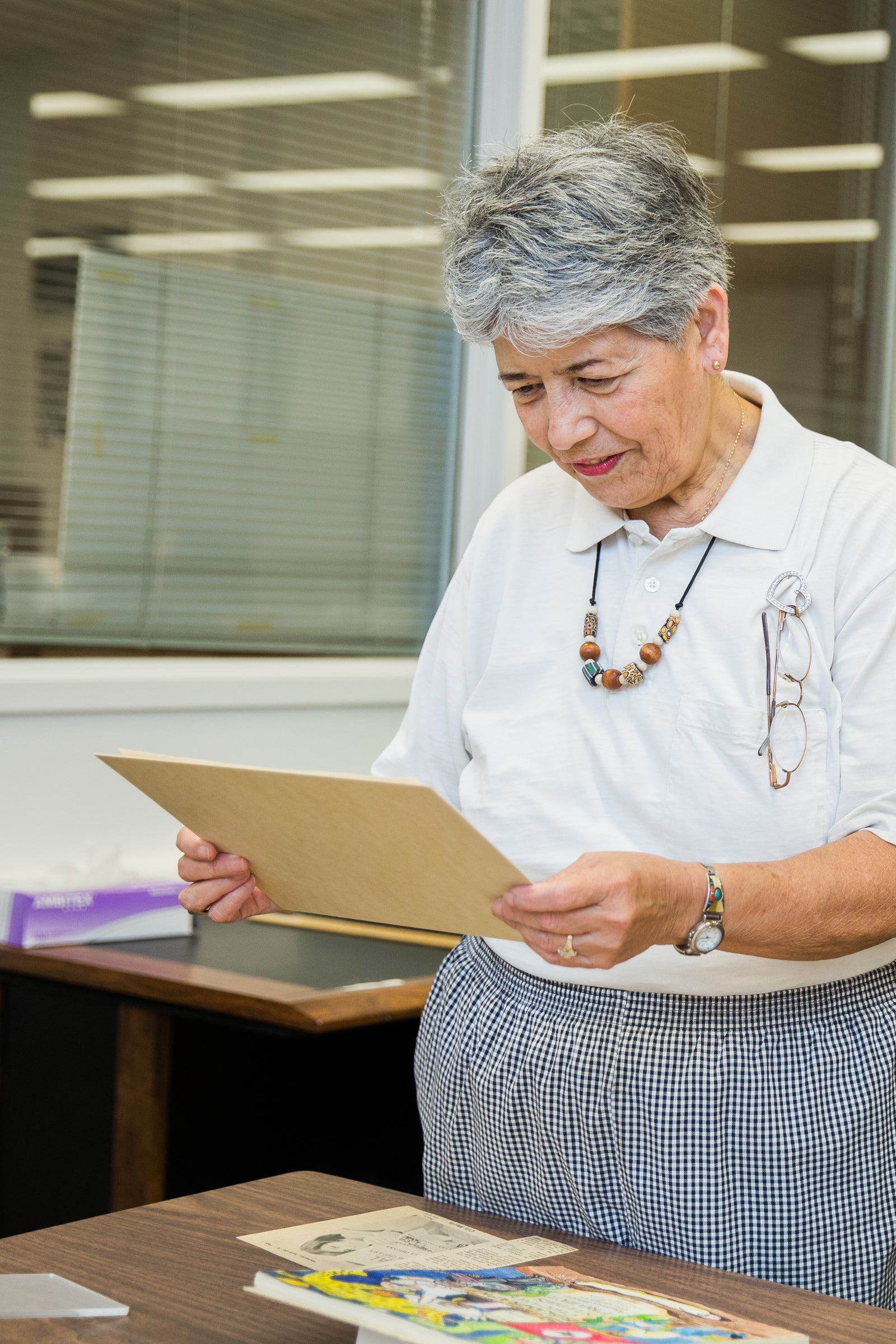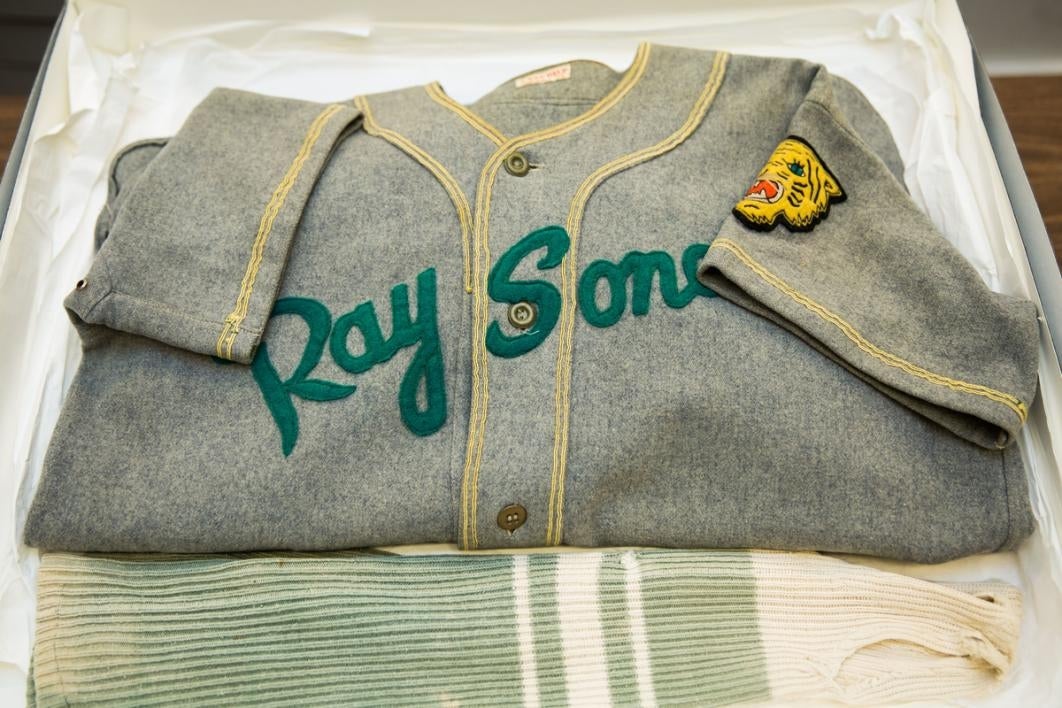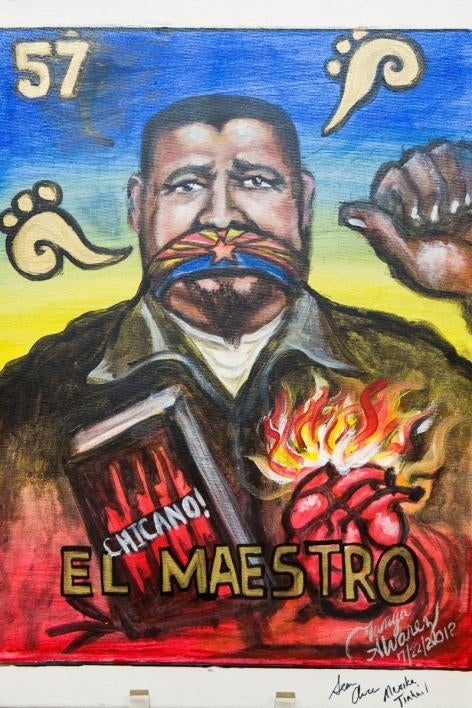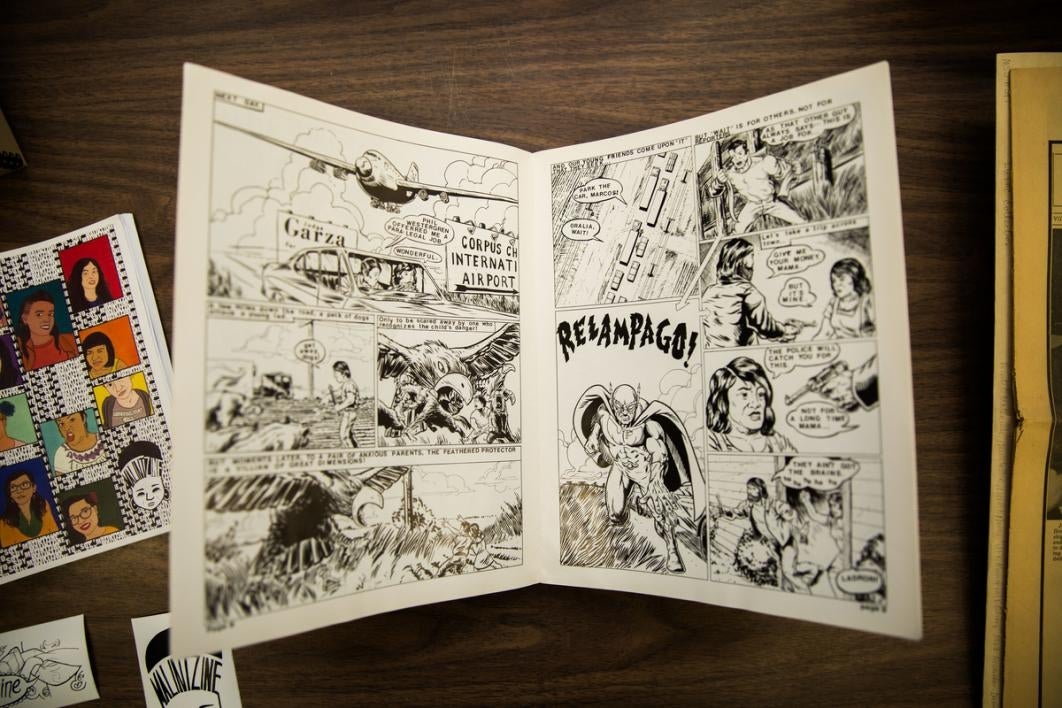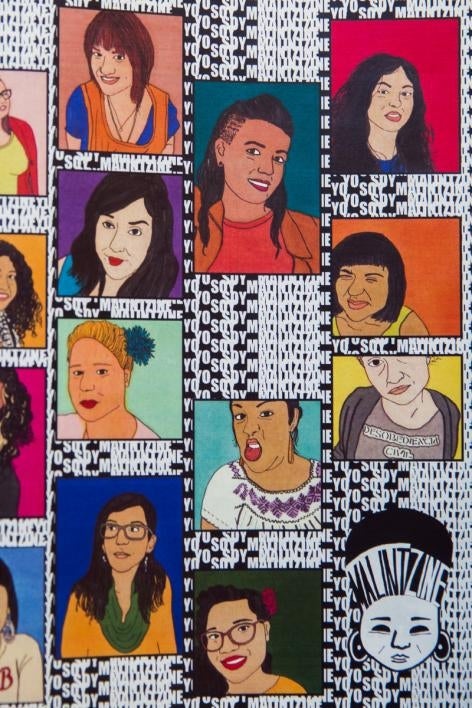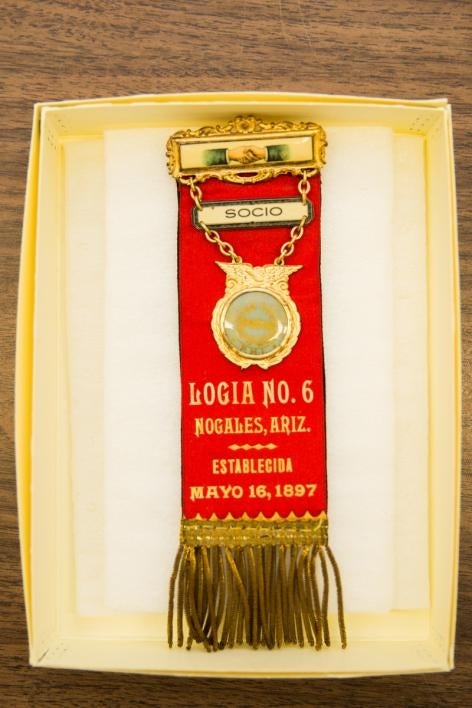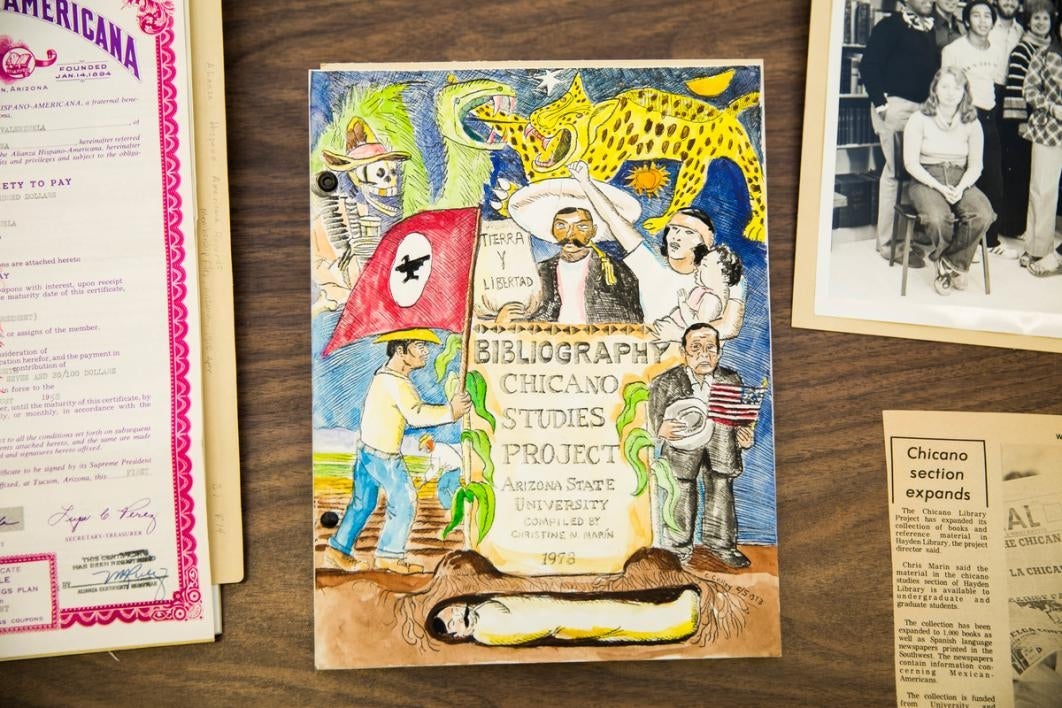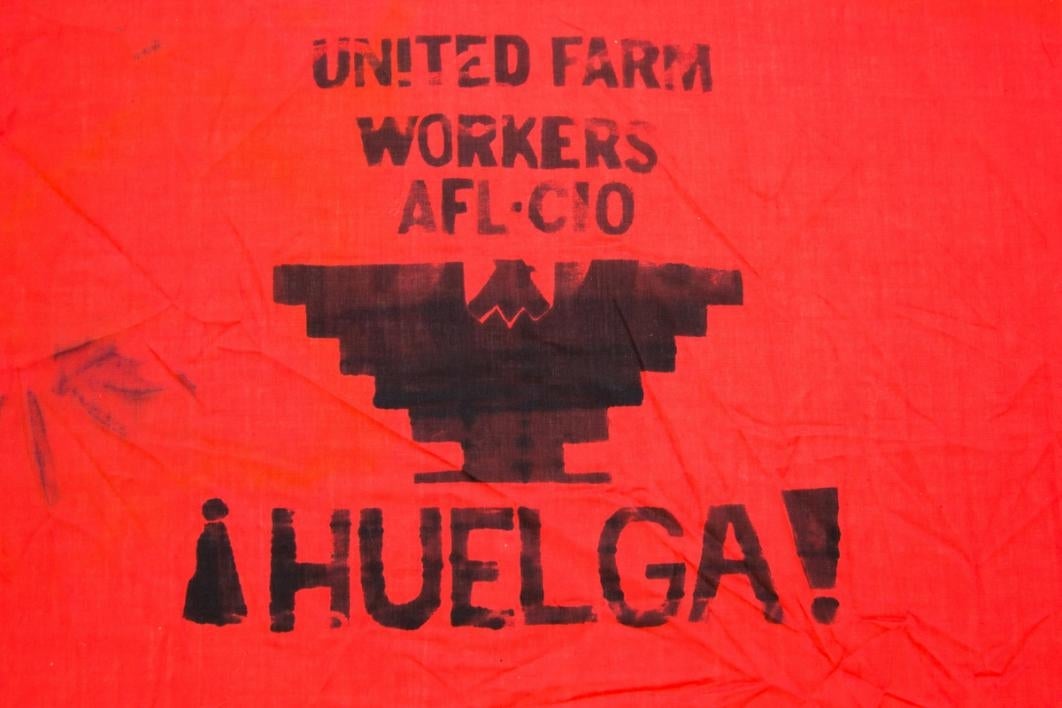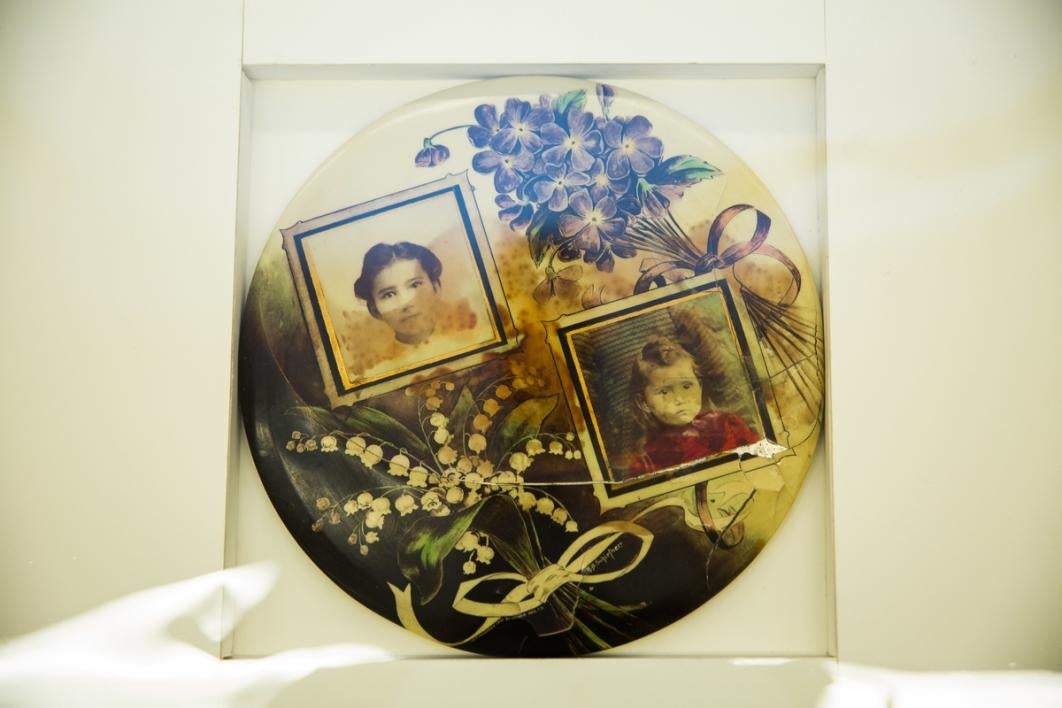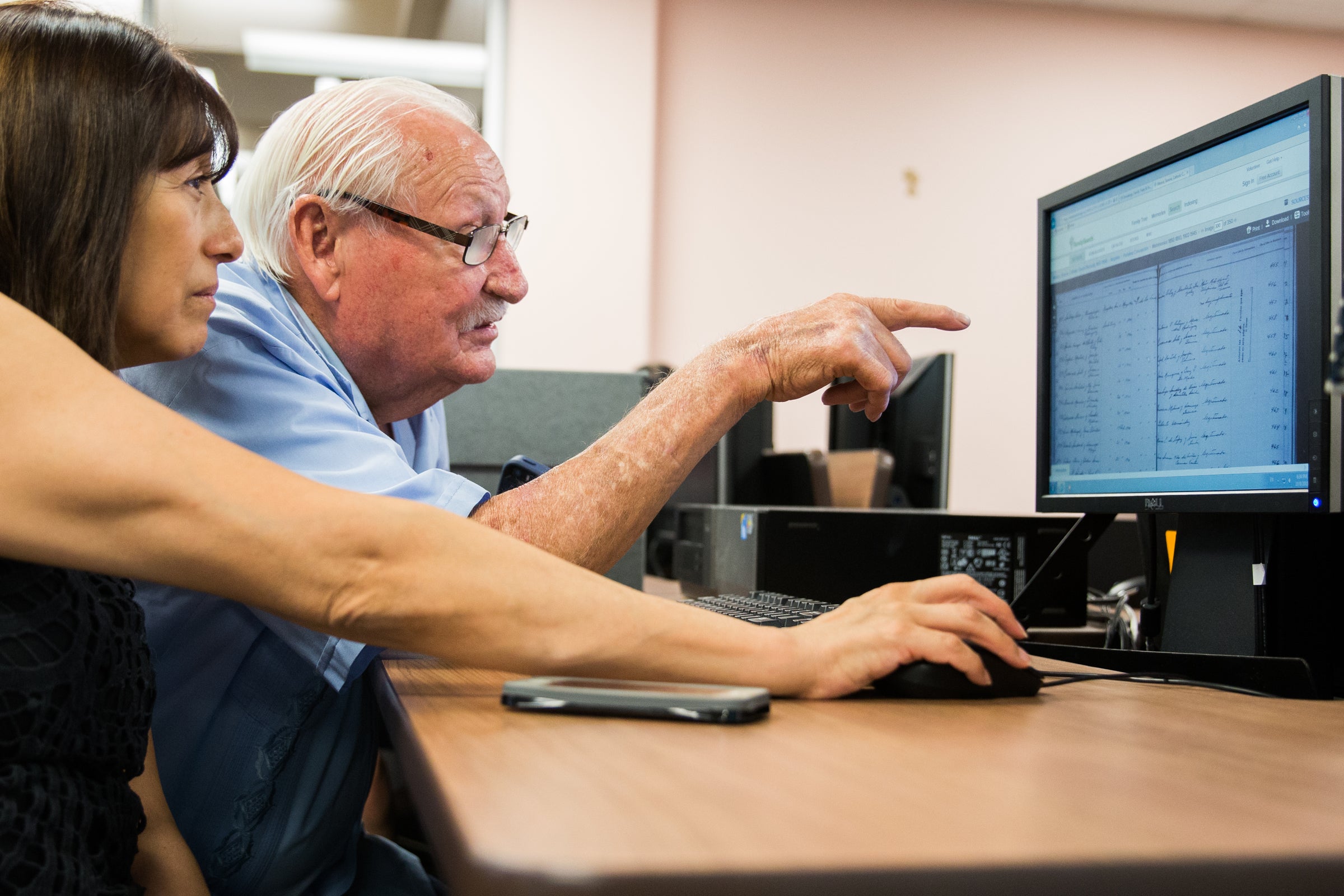Of revolution and reflection: ASU's Chicano collection marks 45 years preserving a community's memories

Editor's note: This feature is part of a series of stories to mark Hispanic Heritage Month, which runs Sept. 15-Oct. 15.
When Nancy Godoy began researching her family tree, she ran into some roadblocks.
“My family couldn’t remember who some family members were anymore,” she said.
That’s the problem with not documenting history — it can get lost or forgotten. Godoy's work at Arizona State University is aimed at making sure that doesn't happen for the Chicano community as a whole.
As the curator of the Chicano Research Collection at ASU’s Hayden Library, Godoy spends hours sifting through crumbling photos, decades-old campaign pins, protest pamphlets and other such Chicano"Chicano" refer to Mexican-Americans or those of Mexican heritage. "Hispanic" to countries (or their peoples) originally colonized by Spain. "Latino" is close in meaning to "Hispanic" but includes countries such as Brazil. culture memorabilia, all in the name of preserving the “collective memory of a community that is under-documented.”
This year, the collection celebrates its 45th anniversary. It was established in 1970, at the height of the Chicano Movement, in response to student and faculty demand for academic resources that reflected their personal experiences.
Christine Marin (left, pictured Sept. 4) was working in Hayden Library's bibliography department at the time when Bill Axford, then the library's new director, and Manuel Servine, who had been recruited from the University of Southern California to teach Chicano history for the first time at ASU, tapped her to be the bibliographer of the collection.
“I met Dr. Servine, I met Dr. Axford, and the two of them said, ‘Chris, do you want to be the bibliographer of the Chicano studies collection?’ ” Marin recalled. “I said, ‘Yes. What do I do?’ ”
Servine responded by handing over to Marin several bibliographies of Chicano books and sources he had prepared before coming to ASU. Along with student workers, she went through each list, checking to see what the library had and what it did not, which they then ordered.
Although academic resources were great, Servine thought the collection needed a little something extra. He told Marin to go out with her student workers and start bringing back pamphlets, posters, pins and whatever else they could find at local protests, gatherings and Mexican-American Student Organization meetings on campus.
“Little by little, we would start collecting all of this ephemera that would reflect something that was going on at the time,” Marin said. “So here I am, inching myself closer to that telephone pole, crowd over there … yanking the poster off the telephone pole, rolling it up, and saying, ‘Here, take it! Take it to the car! Hurry!’
“And then, of course, people would see me and say, ‘Chris, you don’t have to do that, we’ll give them to you!’ ”

Chicano Research Collection
Nancy Godoy, curator of the Chicano Research Collection at ASU’s Hayden Library, shows special items from the collection Sept. 4 in Tempe. Cotton gloves help protect fragile items from the oils naturally on hands.
As the collection grew, Axford dedicated a space in the library for it with chairs and tables and couches. Servine invited Marin to speak at the beginning of his classes about the collection, and to encourage students to utilize it.
When they inevitably did, Marin instructed them on how to use the library’s tools to find what they needed.
Today, Godoy continues Marin’s work by teaching students and faculty how to use the collection, which has grown to be the largest repository in Arizona for Mexican-American and Chicano history, with more than 1,500 linear feet of material that focuses on labor, education, civil rights, immigration and politics.
Godoy also does community outreach to spread the word about the collection and, hopefully, continue adding to it, as members of the Chicano community are encouraged to donate to it.
In fact, Arizona Congressman Ed Pastor recently donated nearly 200 boxes of artifacts documenting his career as a member of the Maricopa County Board of Supervisors and as Arizona’s first Latino U.S. Congressman.
“The collection gives the community a sense of pride,” she said, adding that her motto is “engage, educate, empower.”
Most recently, Godoy hosted a Latino Genealogy and Preservation of Family Archives workshop Oct. 8 for Hispanic Heritage Month, where she taught attendees how to trace their roots and preserve their family’s history.
The collection is also in the process of engaging the community by updating and making its online exhibits more accessible.
At an Oct. 8 Latino genealogy workshop hosted by Godoy, Betty Fry and her father, Eddie Gardner, look for records on their family, whose history in Arizona goes back eight generations. Attendees learned how to become their own archivists and how to preserve their family materials. Photo by: Deanna Dent/ASU Now
Learn more by visiting the Chicano Research Collection website, or the Chicano Research Collection Facebook page. Click here for a video on a slice of the overall collection, the Alianza Hispano Americana Records Collection, 1894 and a Mexican-American mutual-aid organization founded in 1894.
To view the Chicano Research Collection, make an appointment with Godoy by contacting her at nancy.godoy@asu.edu or 480-965-2594.


